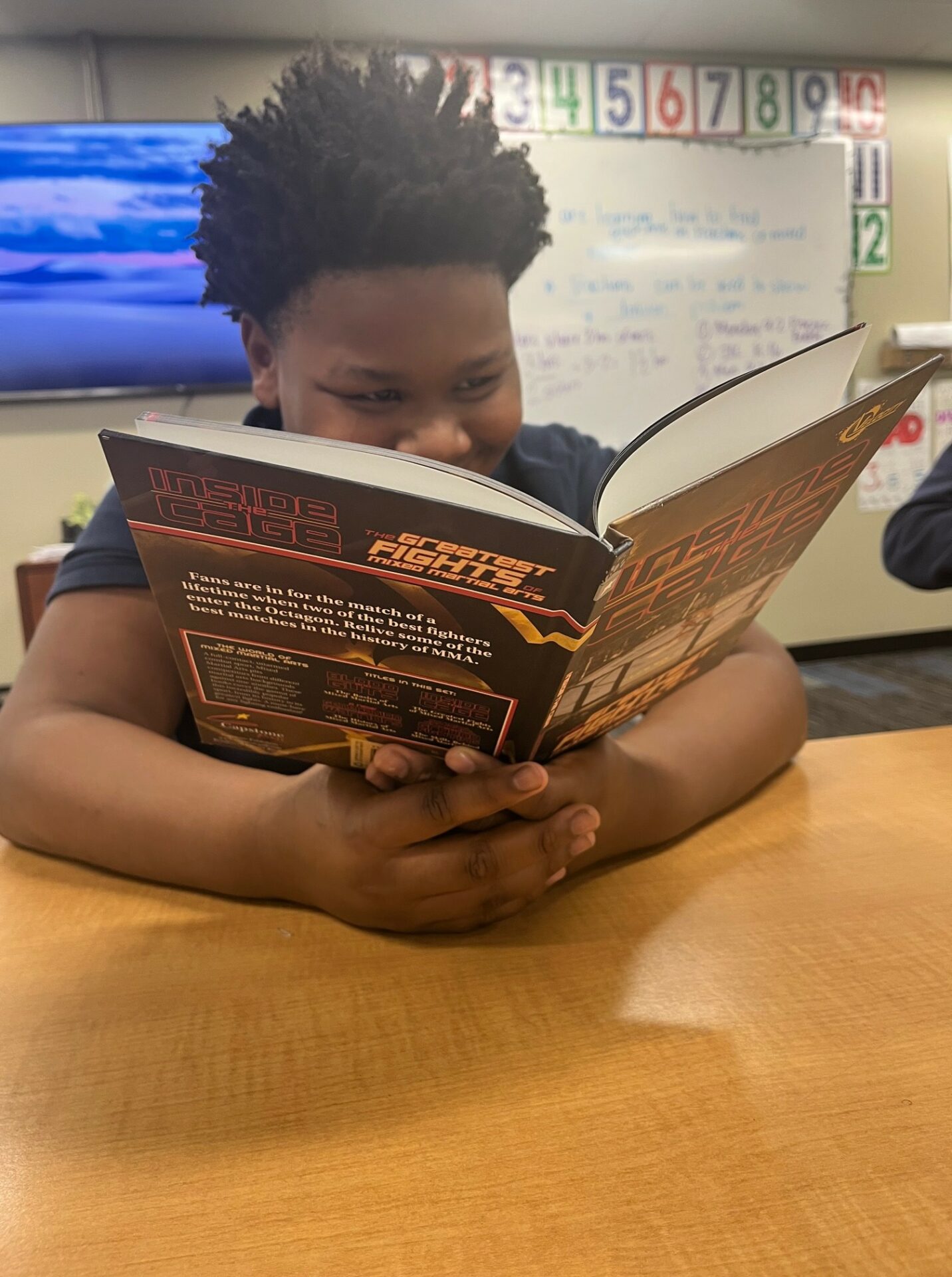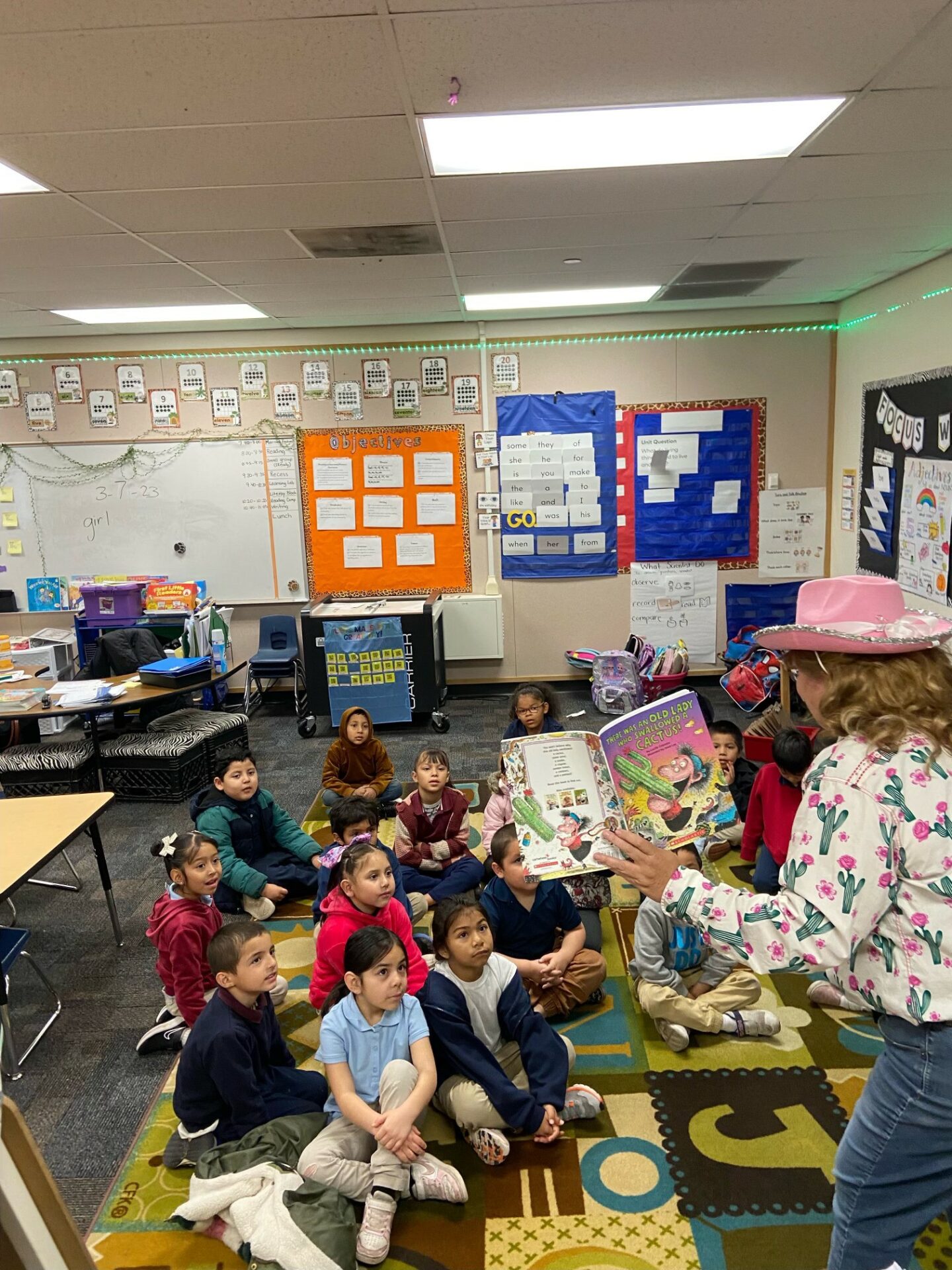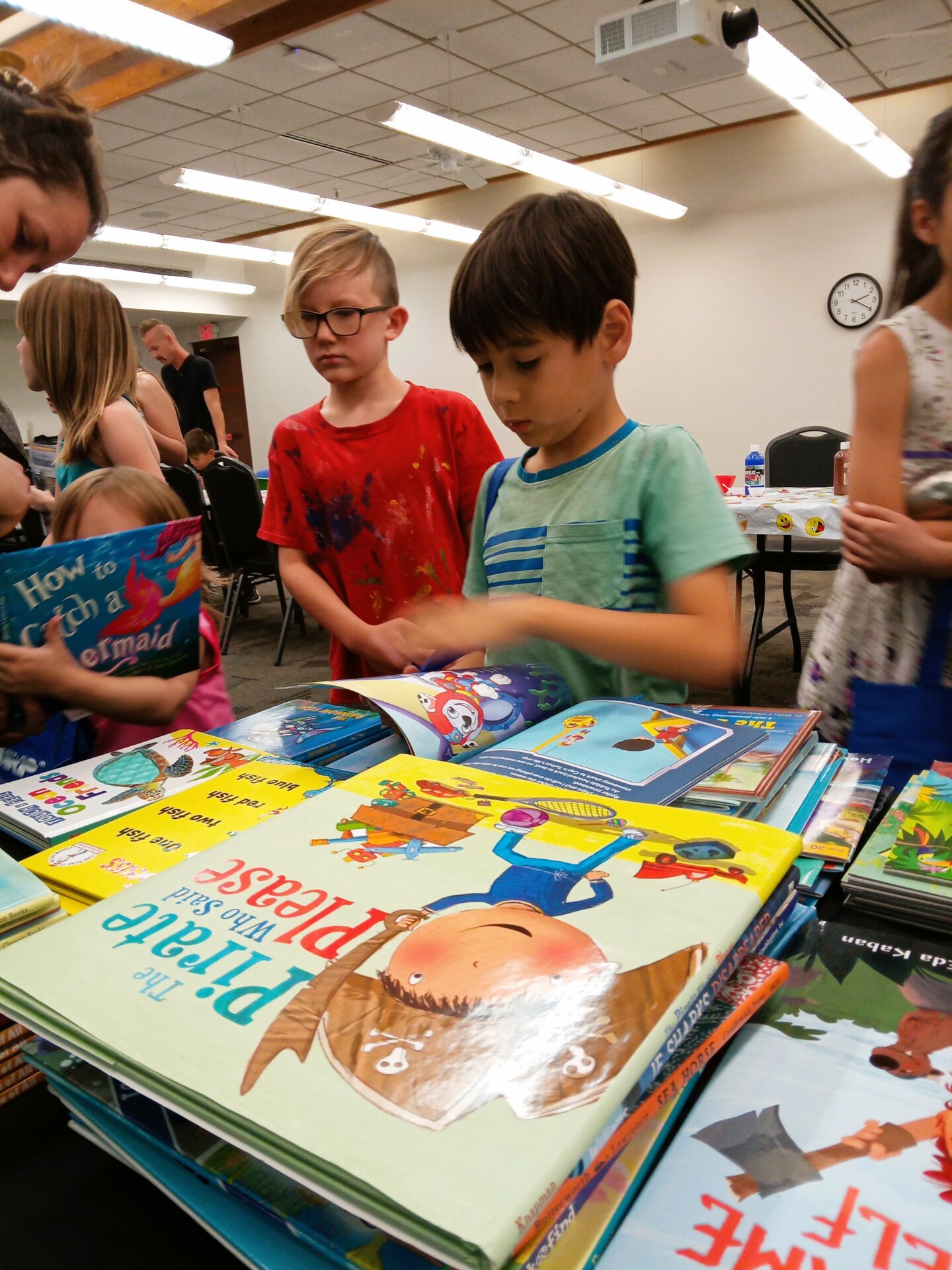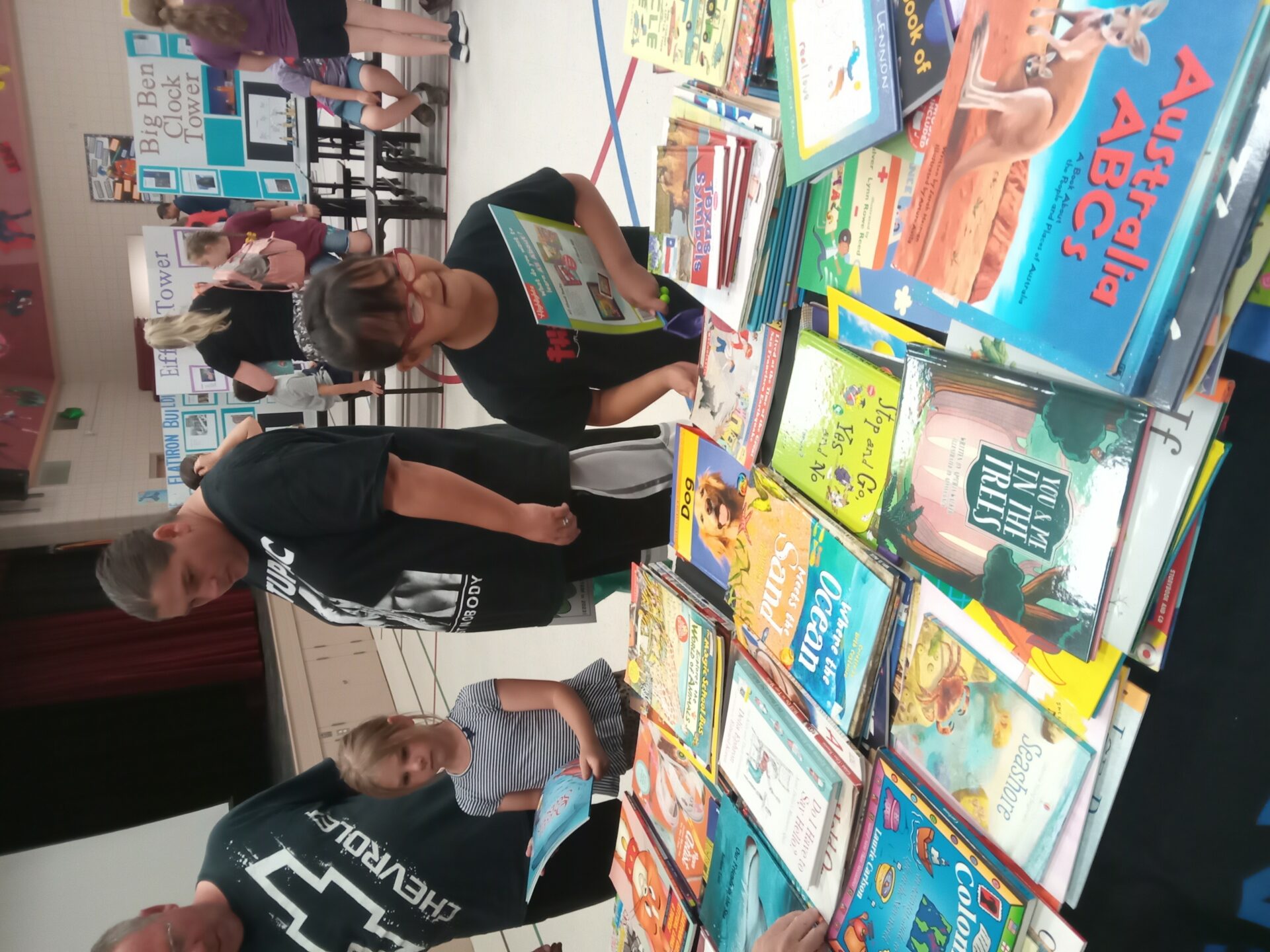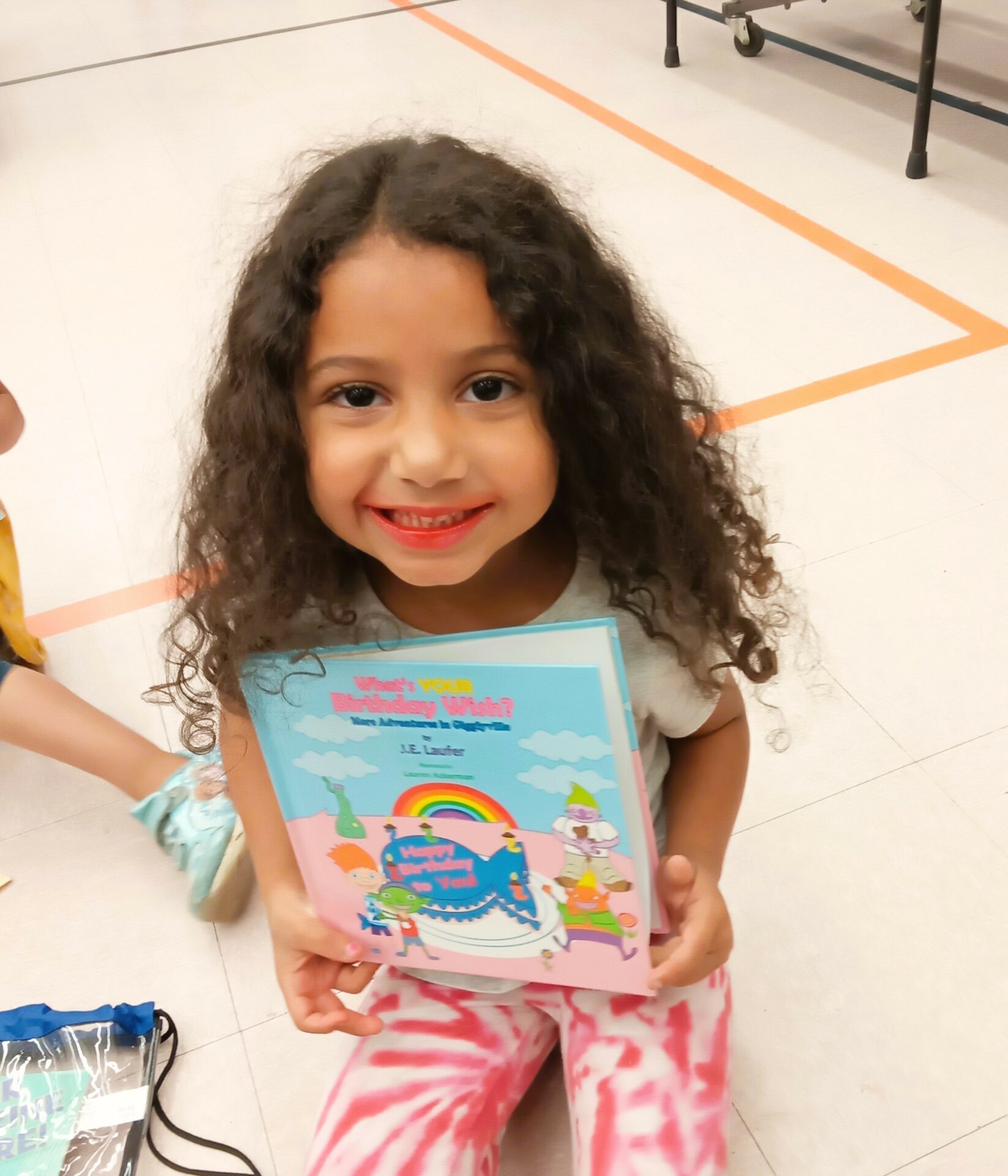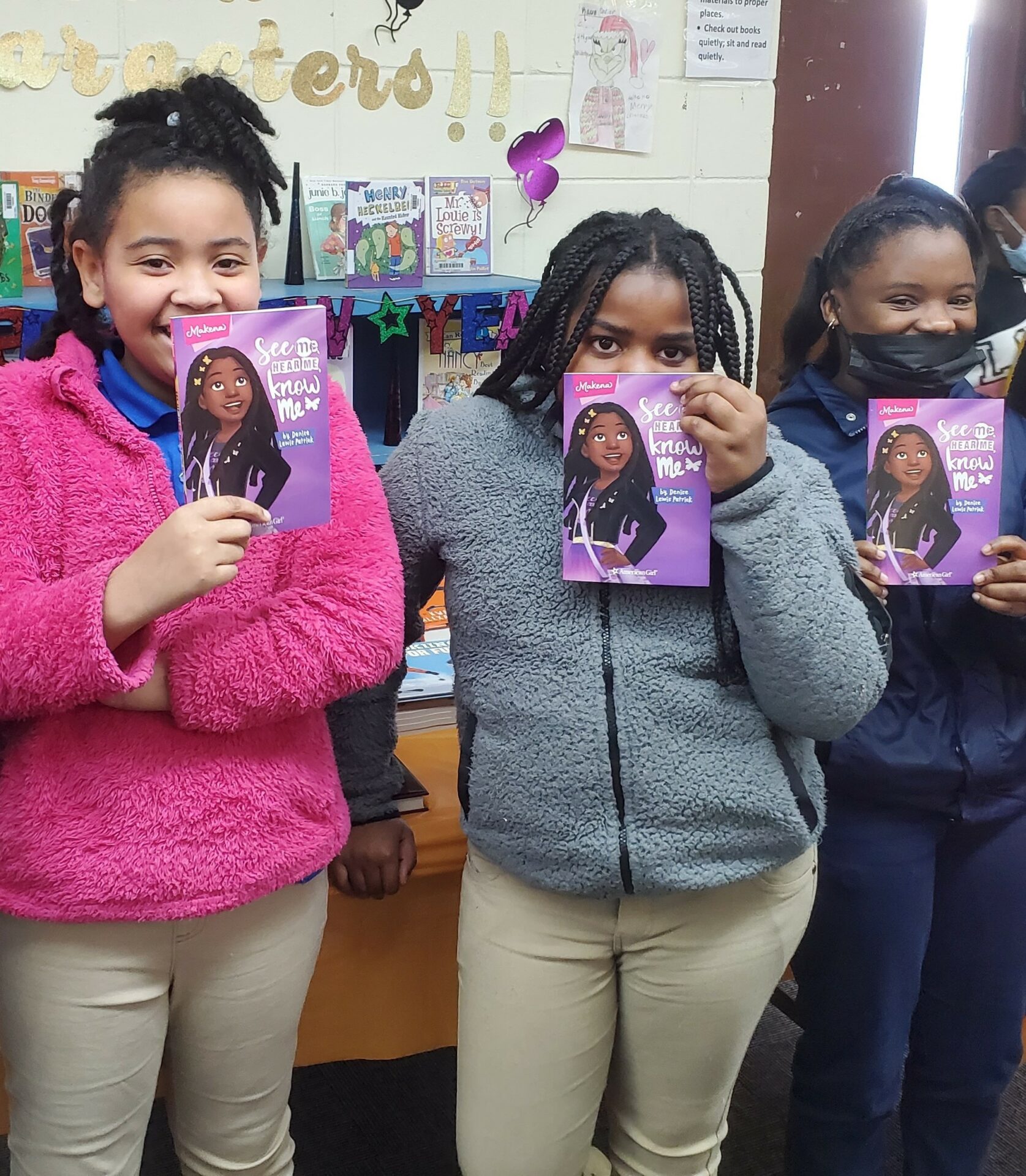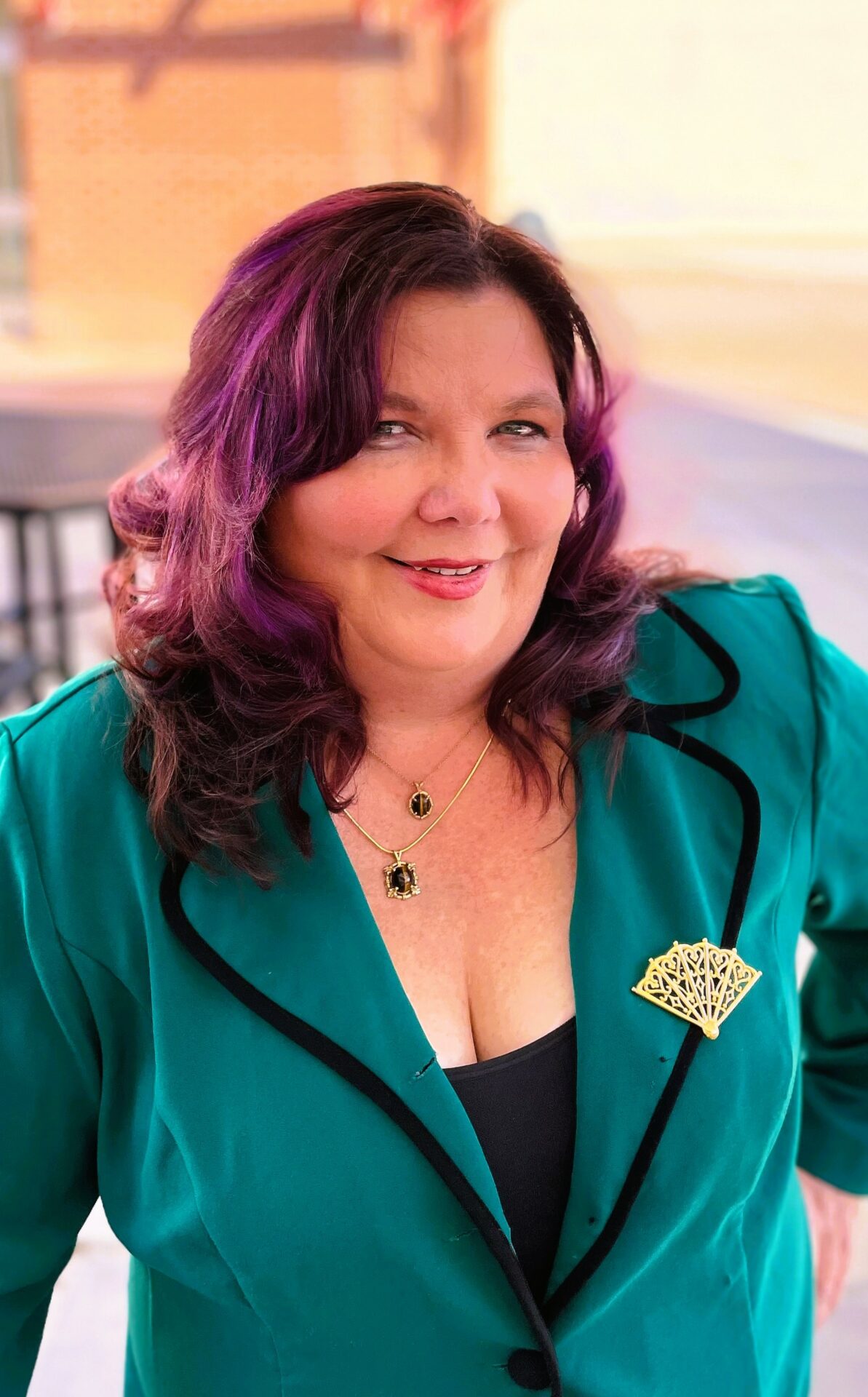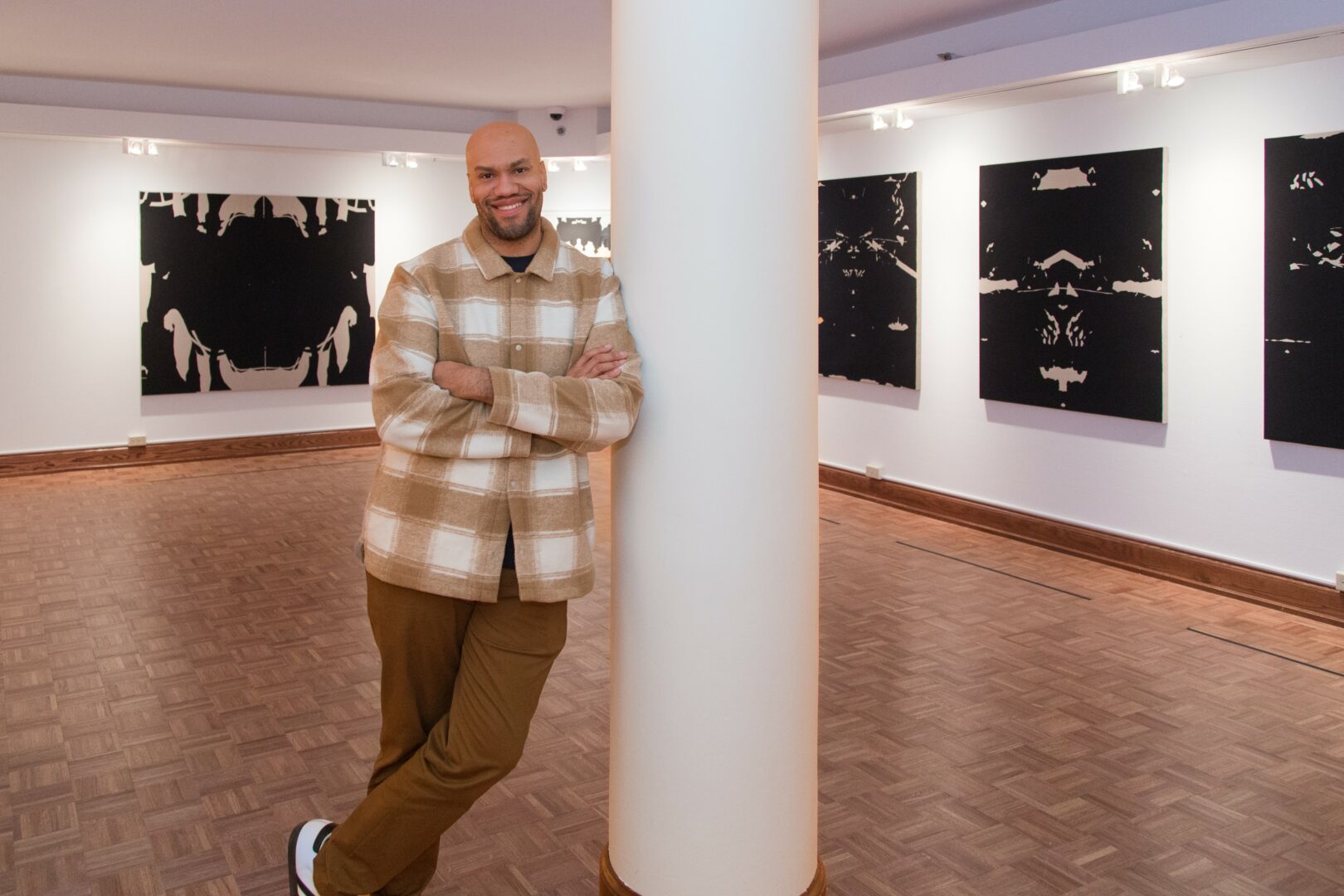We recently connected with Jessica Payne and have shared our conversation below.
Jessica, thanks so much for taking the time to share your insights and lessons with us today. We’re particularly interested in hearing about how you became such a resilient person. Where do you get your resilience from?
My career choices are closely aligned with how I show my love, which is through acts of service, and what I love, which is reading. In the case of my career, I have always sought to show how much I want to help and my love of reading. This led me to first serve as a high school literature teacher, and then as the executive director for Kids Need to Read.
I am also a problem solver. While in my youth it was quite frustrating to not be able to solve every problem that came my way; as an adult, I realized that the big problems in our life are quite complicated and that it does not matter so much that you solve the problem but rather that you are part of a solution to the problem.
This revelation came at the hands of my first students. Imagine a bright-eyed young teacher fresh out of student teaching and full of ideas and optimism heading into a school smack in the middle of one of the poorest cities in my state. That first year going in I literally thought everyone loved to read and those that said they didn’t, just had not found the right book yet. Nothing will kill your delusion faster than a group of teenagers. Long story short, that first year was a year in which I realized that I had really no idea about people outside of my own personal circle and that there was a real problem with literacy in our state.
When you really look at a problem like childhood illiteracy you quickly realize that this problem is huge and has many moving parts. Everything affects childhood literacy. Access to books, income, gender, health, mental health, food security, shelter, proximity to a library, and even parent attitudes about reading are just a few of the pieces to the puzzle of why we have such low literacy rates. These things also need multiple solutions at multiple levels, from governmental to individual, and even then free will means that there will always be a small percentage of people who do not see reading as something vital. With a problem that large, what do you do?
I remember when I was writing my mother would read my first drafts and cross out 90% of my essay. She did this to help me weed out all of the extra information that did not relate to the prompt or made my topic so broad I could not finish writing. As a teacher, I did the same with my students with the advice, ” Your time is valuable, choose one thing to work on even if all the other ideas are related; so that you have enough focus to solve that part of the problem”. As the executive director of Kids Need to Read, we focus on one part of the problem of childhood illiteracy, access to books. The reason is that this is one part of the solution, maybe even the simplest part of the solution, to help kids read. Give them books, and support classrooms, schools, and public libraries. Make sure that when you have contact with children, they leave with something to read. This small step alone will improve the literary journeys of many children
It’s easy to get overwhelmed by the problems in our life. It is important to remember that being a part of the solution is better than being a part of the problem. My resiliency comes from my understanding that I am not responsible for solving all of the world’s ills, I can ask for help, and I can give my help.
Great, so let’s take a few minutes and cover your story. What should folks know about you and what you do?
How many times have I heard, “Kids today don’t read”? If you guessed a million you may be right. I heard it as a teacher and the refrain doubled when I joined Kids Need to Read, a national literacy non-profit, devoted to bringing books to children.
The reasons why kids may not be reading are too numerous to talk about in this article. They range from apathy to a simple lack of access to books. However, my experience is that kids, in general, do read, and what’s more, they want books. When we provide books to children at community or school events, I rarely meet a child who is not excited to choose their own book. The phrase ” I can keep it?” is pronounced with wonder and enthusiasm. They rush to share their new book with friends. They plan with friends so that they can trade books when they are done. Kids today do read… When they have to books to do so. My favorite part of the job is those book giveaways. There is nothing like showing kids different books, pointing out ones that address specific topics, and listening as students tell me their recommendations for books.
We at Kids Need to Read understand how vital strong literacy is for our children. So we tailor each of our donations to meet the needs of those students. I often joke about showing up at the opening of an envelope, standing on my head, and eating a bug if that will get kids reading, but it is true. Every donation request represents different needs for support. Kids Need to Read is not about our services it is about getting books into the hands of the children that need them the most. While other programs may have hoops or steps to be followed to receive a donation, not Kids Need to Read, We do what is needed to make it easy to get books into the hands of children. No recipient is ever charged for any part of a donation from Kids Need to Read.
To paraphrase an old favorite song of mine, “The future is so bright, we gotta wear shades.” That is how I would describe the energy of the Kids Need to Read staff. Every day we look forward and question how we can be a part of the solution and do more to help children gain reliable access to books and literacy. While some may look at the current national challenges and see stop signs, not our team. In challenges, we see opportunities for new roads and new partnerships. Kids Need to Read will always be on the lookout to see how much more can be done.
If you had to pick three qualities that are most important to develop, which three would you say matter most?
This is a hard question to answer because there are a lot of important skills, how do you pick just three?
1. Learn to accept change. This skill is one I am still working on but it is so important in terms of running a nonprofit. For example, every year I write a budget that is based on projected incoming donations. This means that I have to keep the necessary stuff such as salaries, rent, etc as small as possible because our income is based on what people will donate in the future. In order to perform our mission we must plan to serve in such a way that there are other options if the funding does not come in. Even in smaller plans such as a community event, we sometimes must plan for changes that happen due to weather, audience, and even policy. There is always a workaround and stopping is not an acceptable option.
2. Failure is a learning opportunity. By having a growth-based mentality, so many things are made better because of something going wrong at Kids Need to Read. The trick to this is to understand your role in the failure and figure out how to fix your response, all without dwelling on the past or punishing someone for making a mistake. Keeping a mentality of growth instead of punishment in the workplace is healthier and encourages your team to take ownership of your organization’s mission.
3. When in doubt give extra. As humans, many of us have the instinct to hoard. To worry if we have “enough”. The reality, at least at Kids Need to Read, is that it is our job is to give. Our incoming donations fluctuate every year, so it makes sense that the number of children served will fluctuate. Holding ourselves hostage with the fear that we will “run out” means that we are not fulfilling our mission. So I always tell my team, when in doubt give a little extra, we can only give what we have.
As we end our chat, is there a book you can leave people with that’s been meaningful to you and your development?
The single most important book for me as both a teacher and as a non-profit leader has been A Framework for Understanding Poverty Book by Ruby K. Payne ( not related).
How does poverty impact learning, work habits, and decision-making? For someone who has very little personal experience with poverty, this book was a true eye-opener. It is well-researched and packed with easy-to-understand charts, and tools. This book not only documents poverty but also provides practical and compassionate strategies for addressing its impact on people’s lives without insulting or making unfounded assumptions.
Contact Info:
- Website: https://www.kidsneedtoread.org/
- Instagram: https://www.instagram.com/kidsneedtoread/
- Facebook: https://www.facebook.com/kidsneedtoread
- Linkedin: https://www.linkedin.com/company/89809092/admin/
- Twitter: https://twitter.com/kidsneedtoread
- Youtube: https://www.youtube.com/user/KidsNeedToRead
